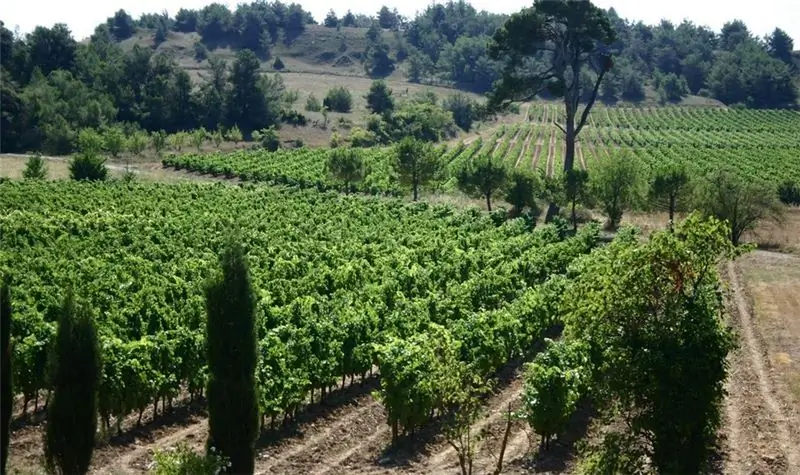
The territory where present-day Moldova is located is one of the oldest wine-growing regions on the planet. Once upon a time, wild grapes grew here in abundance, from which the ancestors of modern Moldovan winemakers made drinks. In the 7th century BC. local residents began to cultivate vines and trade with Greek colonists who lived in the territories along the Azov and Black Seas. Since then, Moldovan wines have found their admirers and won a place on the tables of many admirers of the talent of Moldovan winemakers.
History with geography
The path of Moldovan wine to today's consumer has not been easy. Epidemics and wars, "dry" laws and deforestation of vineyards, economic disasters and redistribution of property - all this did not allow the wine industry to develop freely. The last few years give hope for the restoration of the former glory of Moldovan winemakers. Experience and cooperation with foreign specialists, investments and scientific developments help to restore and increase the volume of produced Moldovan wines.
The main regions of Moldova, where most of the fruits are grown, are located in four zones:
- Southern Cahul, where climatic conditions are similar to those of the Mediterranean. The sugar level in local fruits of the Merlot and Pinot Noir varieties is guaranteed by the characteristics of the soil and moisture and allows the production of strong and red dessert wines.
- The central region of Codru has a mild continental climate with warm summers and autumn. The wooded hills, which form the basis of the local geographic relief, protect the vineyards from drought and frost. On the slopes of the Codru, grapes of the varieties Feteasca, Riesling and Sauvignon Blanc are grown. The best white wines of Moldova come from here.
- Southwestern Transnistrian zone, in which, thanks to the proximity of the Black Sea, an ideal microclimate is created for the ripening of Merlot and Cabernet Sauvignon fruits. Local wines - harmoniously combine fruity aromas and luxurious notes of black currant and oak.
- White varieties are grown in the Balti region in the north of the country. Most of the raw materials here are used to make brandy, but wines from the local varieties of Chardonnay and Feteasca are also popular with lovers of fine white drinks.
Scientists recommend
In the course of recent studies, it was proved that it is Moldovan grapes that contain the greatest amount of nutrients that prevent such terrible diseases as cancer and cardiovascular failure. The unique properties give the fruits and wines of Moldova its special climatic conditions.






